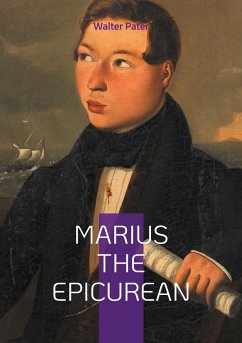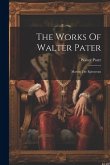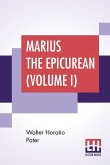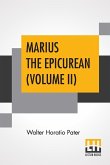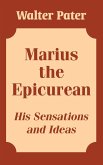In Marius the Epicurean, Walter Pater presents a deeply introspective philosophical novel set in second-century Ancient Rome. The protagonist, Marius, a young Roman of refined sensibility, embarks on a spiritual and intellectual odyssey in pursuit of a life grounded in truth, beauty, and meaning. Beginning with Epicureanism, Marius is drawn to a life of calm contemplation and sensory harmony. Yet he soon discovers the limitations of this doctrine in offering deeper fulfillment. His journey leads him to the stoic teachings of Marcus Aurelius, whose disciplined wisdom fascinates but does not fully satisfy Marius's longing for spiritual resonance. Revered for its introspective tone and aesthetic precision, Marius the Epicurean became a cornerstone of Victorian literature and greatly influenced later writers such as Oscar Wilde. With its blend of historical fiction, philosophical speculation, and spiritual development, this novel remains a timeless study of intellectual transformation and the search for meaning.
Bitte wählen Sie Ihr Anliegen aus.
Rechnungen
Retourenschein anfordern
Bestellstatus
Storno

